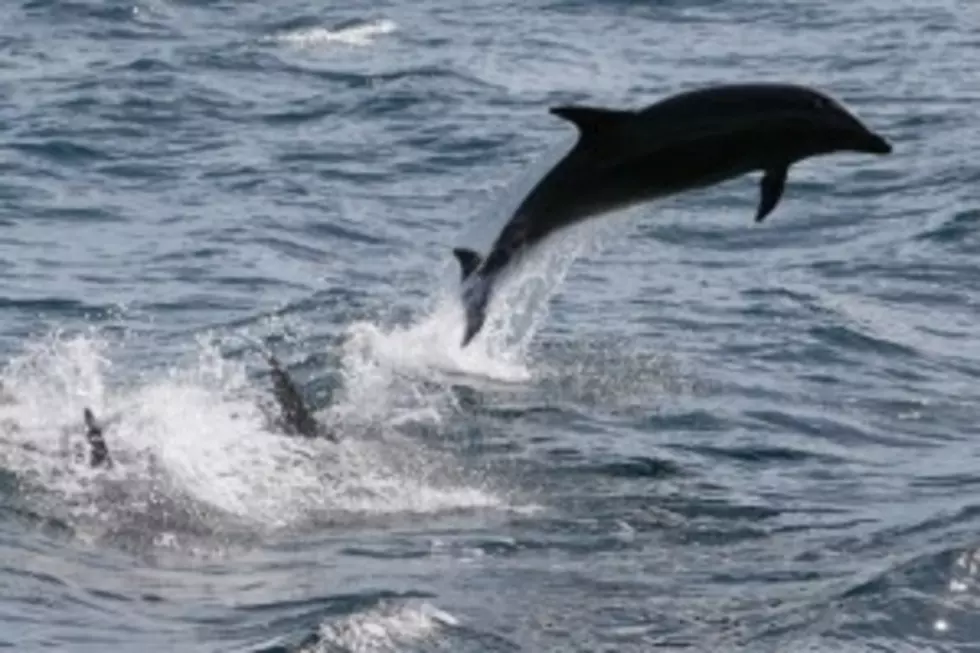![Seismic Testing Proposal Off NJ Coast Gets Resistance [AUDIO]](http://townsquare.media/site/385/files/2014/04/59327_1562462454547_6432815_n.jpg?w=980&q=75)
Seismic Testing Proposal Off NJ Coast Gets Resistance [AUDIO]
A proposal for seismic testing off the coast of New Jersey is getting pushback from environmental groups and legislators for not only its potential danger to the ocean and the commercial fishing industry, but the possibility of opening the door for offshore oil drilling.
A proposal submitted by Columbia University as well as other universities, including Rutgers, to the National Marine Fisheries Service asks for permission to conduct marine seismic surveys 15 miles off the coast of Barnegat this summer. The purpose for the work would be to study climate change.
During a press event at the Belford Seafood Cooperative on Wednesday, Congressman Frank Pallone (D-6th) and Clean Ocean Action president Cindy Zipf admonished the proposal and called for a 60-day extension to the public comment period.
"We'd like to have Columbia and the other universities involved in this explain why they're doing this and why," Pallone said.
Zipf said when she first got wind of the proposal, she noticed it was nearly identical to one for testing for oil and natural gas deposits.
"The decibel range, the loud ocean blasts are the same," Zipf said. "The purpose is to go down and evaluate sediment between 30 and 60 million years ago, to look for climate change affects. That depth also includes the depth where there is methane hydrates. Methane hydrates are frozen natural gas, so they will be assessing, whether they know it or not, the energy potential in that area."
While the Obama administration has said it will consider offshore drilling south of Delaware, Pallone worries the results of the study will be obtained by oil industries and begin to open the door for drilling in the mid-Atlantic.
"If they do the seismic testing, not only is the fear on my part that it would be used to justify offshore oil and gas drilling, but also the impact on marine life and commercial fishing it would have," he said.
Zipf warns, if approved, seismic cannons would be fired off underwater every five seconds.
"The sound waves are orders of magnitude louder than a jet engine taking off, and they'll happen every day, 24/7, for 30 days," Zipf said.
While Zipf said neither she nor Clean Ocean Action opposes scientific research, it shouldn't be done with so much economic and environmental detriment.
"We all know it's wrong to tap on an aquarium because it scares the fish and that's just a tap on the glass," she said. "This is going to be devastatingly torturous loud noise. Core sample studies were already conducted several years ago and provided similar information."
More From New Jersey 101.5 FM







![Seismic Testing Off Atlantic Has Fed Approval [AUDIO]](http://townsquare.media/site/385/files/2014/03/59327_1562462454547_6432815_n.jpg?w=980&q=75)

